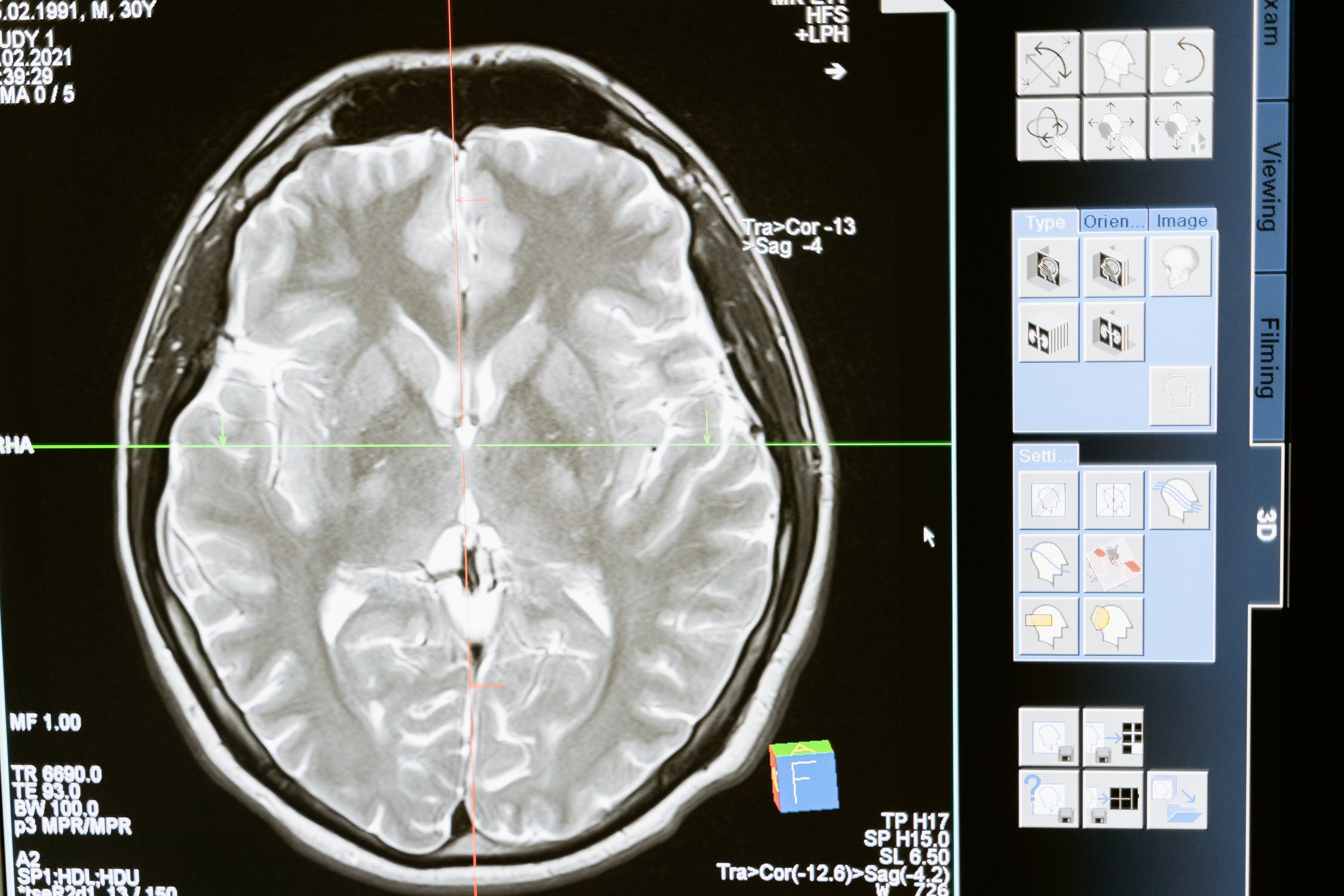
|
(519) 742-7774 Free initial Consultation Home and Hospital Visits Available |
|||
TBI Is a Significant Canadian and Global Health Issue |
|
October 06, 2022, Kitchener, Ontario Posted by: Robert Deutschmann, Personal Injury Lawyer
What is TBI (traumatic brain injury)?TBI is in an injury that affects how your brain works. It is a major cause of disability and death in Canada with approximately 165,000 people sustaining a TBI every year. Leading causes of TBIThe leading causes of TBI in Canada include transportation accidents (car, truck, cycling and motor cycle), falls in the elderly and suicide attempts in males. The majority of those hospitalized for head injury were male 63%, Car accident TBIs are frequent and can range from concussion to catastrophic brain injury. As personal injury lawyers we see how difficult it can be for victims of head injury to be adequately compensated by insurers. We also see how often the victims are forced to suffer emotionally, financially and physically while waiting for compensation and benefits to be paid. What should you do if you sustain a TBI in an accident?If you or a loved one has been seriously injured in an accident and sustained a TBI it is important to contact an experienced personal injury lawyer as soon as you can to begin the process of compensation. When you call us you’ll receive a free initial consultation and if you chose us to represent you we will act on your behalf to make sure you get the care and compensation you deserve. You’ll have the benefit of the experience of our Personal Injury / Car Accident lawyers, and our Personal Injury team, actively working on your case and you will not have to pay any fees until we have obtained a settlement for you. Our fee is based on a contingency arrangement, which means that we charge a percentage of any settlement you obtain. If there is no settlement, then you will not owe us anything. What impact does TBI have on people and their Future?TBI is recognized to be a global health issue. It afflicts 55 million people worldwide costing more than US$400 billion a year. It’s a leading cause of death and disability. Several studies have shown that the victims of TBI tend to live shorter lives with lower quality of life due to the impacts of injury and loss of the ability to work. Neuroscience Journal recently published this article about the Lancet Neurology Commission evaluating the specifics of the
|
|
| Posted under Accident Benefit News, Automobile Accident Benefits, Bicycle Accidents, Brain Injury, Car Accidents, Catastrophic Injury, Concussion Syndrome, Escooter, Motorcycle Accidents, Pain and Suffering, Paraplegia, Pedestrian Accidents, Personal Injury, Slip and Fall Injury, concussion, traumatic brain injury
View All Posts |
|
About Deutschmann Law Deutschmann Law serves South-Western Ontario with offices in Kitchener-Waterloo, Cambridge, Woodstock, Brantford, Stratford and Ayr. The law practice of Robert Deutschmann focuses almost exclusively in personal injury and disability insurance matters. For more information, please visit www.deutschmannlaw.com or call us at 1-519-742-7774. It is important that you review your accident benefit file with one of our experienced personal injury / car accident lawyers to ensure that you obtain access to all your benefits which include, but are limited to, things like physiotherapy, income replacement benefits, vocational retraining and home modifications. |
|
Contact us for a
free initial consultation |
Personal Injury Blog
Connect with us
Deutschmann Law concentrates its practice in matters concerning car accidents, motorcycle accidents, pedestrian accidents,bicycle accidents, catastrophic injury, serious injury, brain injury, spinal cord injury and disability insurance claims. Serving Kitchener, Waterloo, Cambridge, Brantford, Ayr, Woodstock, Guelph, Milton, Elmira, Tavistock, Tillsonburg, Ingersoll, Norwich, Elora, Fergus, New Hamburg, Ontario and surrounding areas. “Deutschmann Law Professional Corporation” is practicing under the name Deutschmann Law. © 1998 - 2024 Deutschmann Law Accident, Injury Lawyers and Disability Lawyer Site Map Disclaimer Website by We Think Solutions Full Site | Mobile Site |

